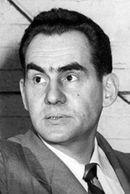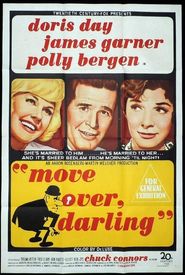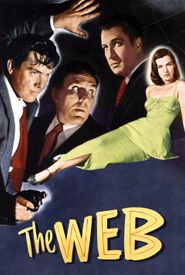Michael Gordon, a talented stage actor and director, embarked on a cinematic journey in 1940 as a dialogue director, gradually transitioning to film editing. His directorial debut in 1942 marked the beginning of a prolific career, initially characterized by low-budget crime thrillers.
As the late 1940s and early 1950s unfolded, Gordon's directorial repertoire expanded to include well-crafted dramas, with Cyrano de Bergerac (1950) standing out as a notable achievement, earning José Ferrer an Academy Award.
However, Gordon's career was abruptly interrupted by the anti-Communist hysteria of the 1950s, fueled by the likes of Sen. Joseph McCarthy. Due to his early affiliations with leftist organizations, Gordon was accused of having Communist leanings by the Red-baiting politicians of the era, ultimately leading to his blacklisting and inability to secure work.
Gordon's professional exile lasted until the late 1950s, when he returned to the United States and gradually regained his footing in the industry. This period marked a significant shift in his directorial style, as he transitioned from producing tight, gritty dramas to focusing on glossy, big-budget mainstream comedies.
Notably, Gordon's later work included the stylish Pillow Talk (1959),widely regarded as Doris Day's best vehicle.










































